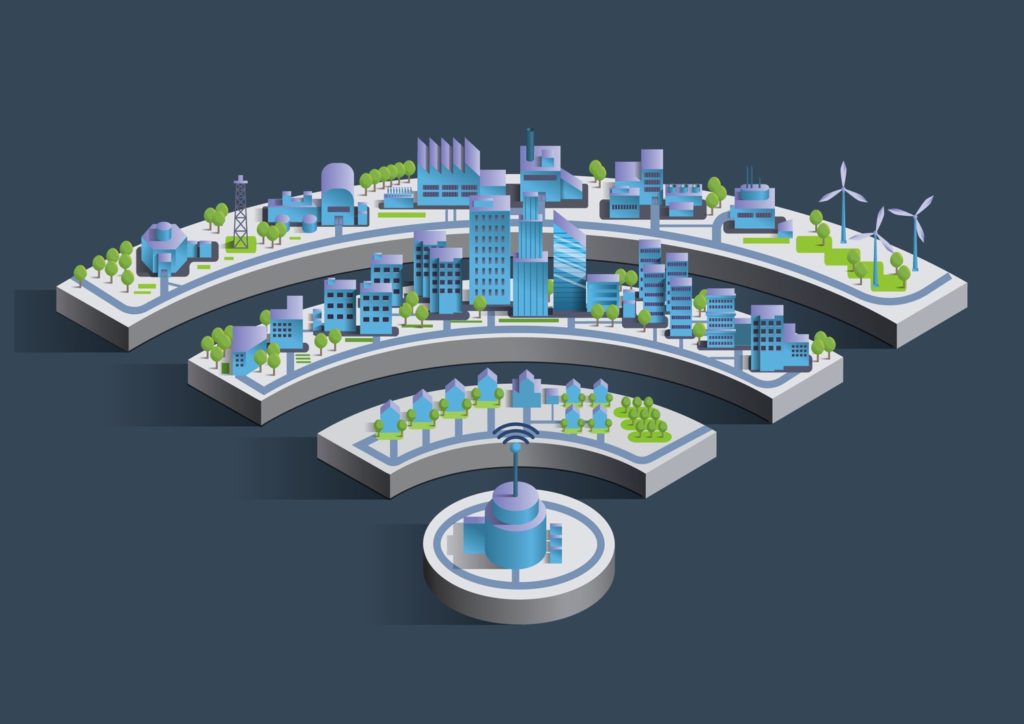A Deutsche Telekom official says artificial intelligence (AI) will be needed to break smart city data out of its silos.
As reported by Mobile World Live, thoughts about smart city evolution appeared on the blog of Claudia Nemat, the Deutsche Telekom (DT) board member who oversees Technology & Innovation Europe.
In her piece, Nemat described current smart city practices as trapping data from sensors in an isolated “landlocked lake.” But as sensors proliferate at blinding speed in global smart cities, the rivers of data being produced will turn into oceans. This will be complicated by the multiple digital platforms running simultaneously in each city.
Gartner predicts 1.6 billion connected devices will be hooked up to the larger smart city infrastructure by the end of this year. And as this rapidly expanding universe of devices ramps up the data flow, fears are mounting that smart cities won’t be able to handle the sheer volume of data flooding in.
DT says cities need to “analyze horizontally”
In order to effectively utilize all this data, she says smart cities need to develop the capability to analyze data horizontally, not just vertically. And the best way to tackle this complex data landscape is if operators fully embrace AI.
“The content of such data ‘oceans’ will be so massive, and the relevant analysis so complex, that only artificial intelligence will be able to carry out the relevant data processing and forwarding with the necessary accuracy and speed,” she said.
Nemat also provided updates of DT’s own smart city initiatives.
She highlighted the “digitized city centers” initiative that the company is testing in Dubrovnik and Bucharest. This project includes smart parking, street lighting and safety components.
The smart parking component lets drivers know if spaces are available which cuts down on traffic and pollution.
As well, DT is testing smart parking systems in the Italian city of Pisa, which has a high level of car-based commuters.

















